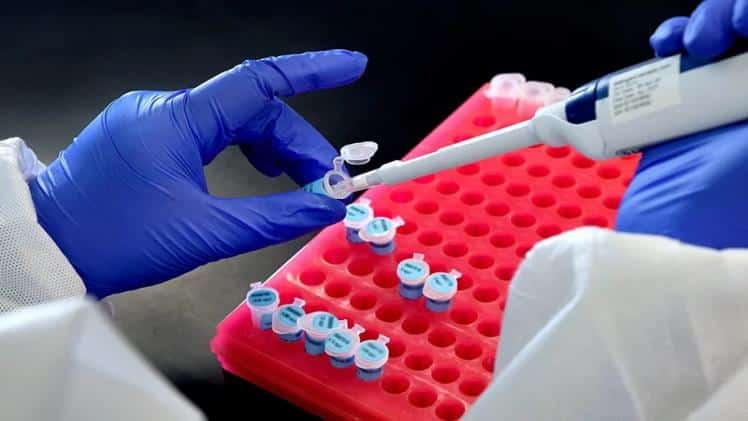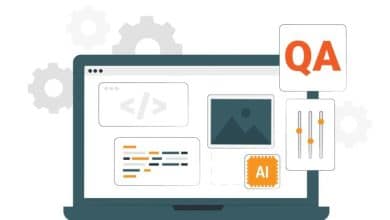DNA Testing: Unlocking Personal Health Insights

DNA testing is revolutionizing personal health by providing insights into genetic predispositions, ancestry, and wellness traits, empowering individuals to make informed decisions. Companies like AncestryDNA and MyHeritage offer at-home tests analyzing DNA for health risks, carrier status, and lifestyle factors. As testing becomes mainstream, with over 30 million tests sold by 2024, it is reshaping how people approach wellness and heritage.
The Growth of DNA Testing
DNA testing’s affordability, with kits under $100, has driven its popularity, as noted by AncestryDNA’s market data. Tests reveal risks for diseases like diabetes, carrier status for conditions like cystic fibrosis, and traits like lactose intolerance, as offered by MyHeritage. These insights enable proactive health management, but ethical concerns, like data privacy, require stringent protections to maintain trust.
The integration of testing with health apps and medical systems enhances its utility, making it a cornerstone of personalized medicine. Consumer demand for self-knowledge drives growth, with testing expanding beyond health to ancestry and lifestyle applications.
The Testing Process
DNA testing involves collecting a saliva or cheek swab sample, analyzed in certified labs using SNP genotyping or sequencing, as described by AncestryDNA. Algorithms match variants to health and ancestry databases, generating detailed reports delivered via secure portals. Results include risk assessments, carrier status, and lifestyle recommendations.
Quality assurance involves validating results against peer-reviewed studies, with genetic counselors providing support. Continuous updates ensure reports reflect the latest research, maintaining accuracy and relevance.
Benefits for Individuals
DNA testing empowers proactive health management, with 25% of users pursuing preventive measures post-test, per studies. Accessibility through at-home kits broadens reach, while affordability makes it viable. Scalability supports large-scale testing, and integration with wearables enhances real-time application.
Ancestry insights foster cultural connections, while health data informs medical decisions, improving outcomes. These benefits make DNA testing a transformative tool for personal wellness.
Challenges and Solutions
Privacy concerns are addressed through encryption and opt-in data sharing, as practiced by MyHeritage. Interpretation complexity is mitigated with counselor support and clear visualizations. Limited database diversity is tackled by expanding reference populations. Regulatory compliance, under FDA guidelines, ensures accuracy.
Cost barriers are reduced through affordable kits, while continuous updates maintain relevance. These solutions ensure DNA testing is reliable and accessible.
Future Trends in DNA Testing
AI will enhance result accuracy, while blockchain could secure data. Integration with telehealth will streamline care, and expanded research will improve inclusivity. These trends will make DNA testing more impactful and equitable.
Real-World Impact
A user of AncestryDNA’s health test pursued early screening, preventing a serious condition. Another used MyHeritage’s results to adjust diet, improving wellness. These cases highlight DNA testing’s transformative potential.
Conclusion: Shaping Personal Health
DNA testing unlocks insights into health and heritage, empowering informed decisions. As technology and ethics evolve, it will continue to drive personalized medicine, fostering healthier, more connected lives.



